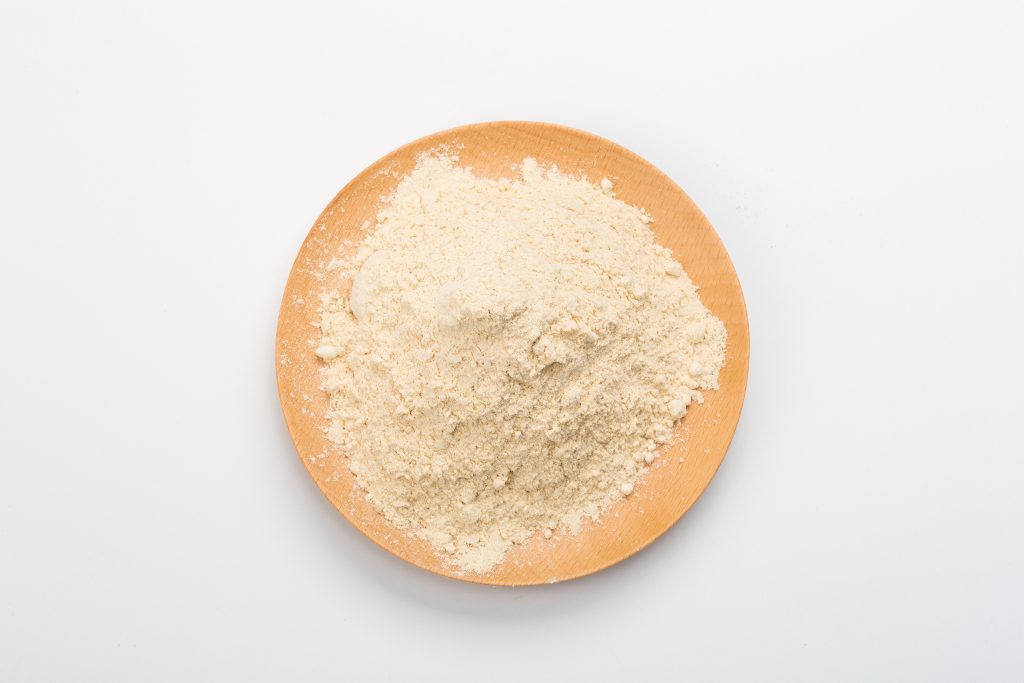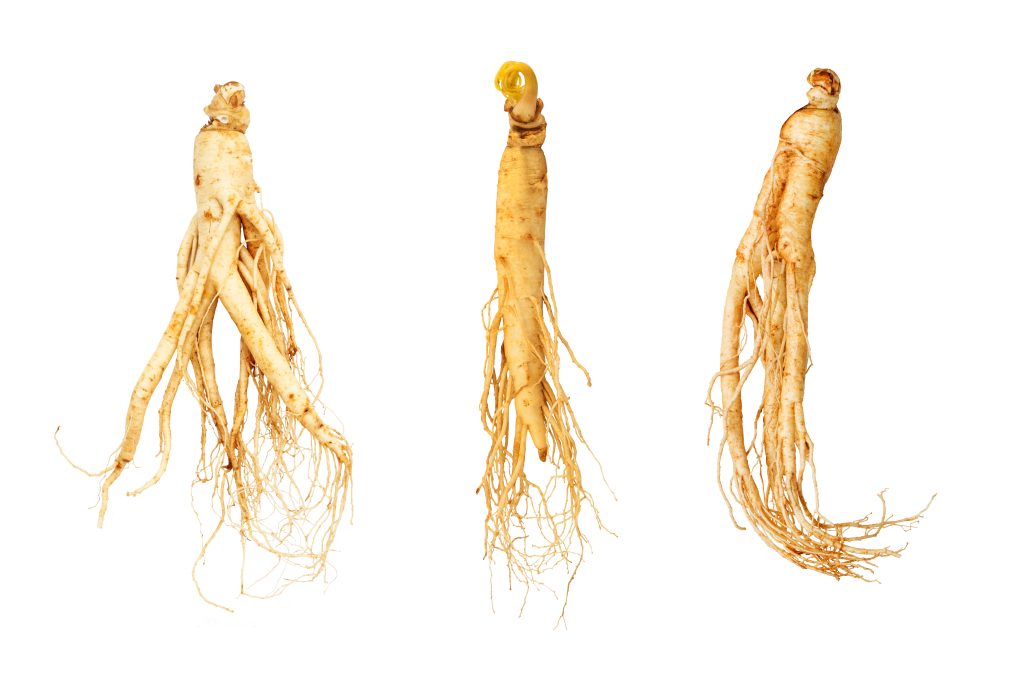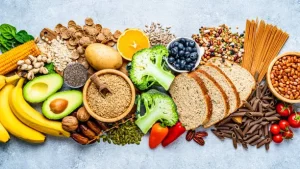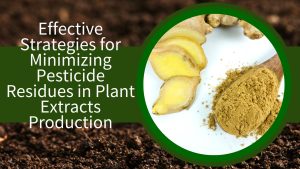Ginsenosides are currently a popular area of anti-cancer research, and there are numerous scientific studies proving that ginsenosides have a variety of anti-cancer effects. Some scientists have summarized and analyzed the many anti-cancer studies on ginsenosides and found that ginsenosides mainly exert anti-cancer effects through the following 7 pathways.

1, Ginsenosides can inhibit the growth of cancer cells, block the cancer cell cycle and induce apoptosis of cancer cells
⑴, The effect of ginsenosides on the proliferation and differentiation of cancer cells
Studies have found that ginsenosides contained in American ginseng have an inhibitory effect on the proliferation of cancer cells. For example, ginsenoside Rg3 showed good growth inhibitory activity on prostate cancer cells. Ginsenoside Rh2 also showed anti-proliferative effects in various cancer cell types. Red ginseng contains ginsenoside aPPD which induces the ability of cancer cells to transform into normal cells and inhibits further differentiation of cancer cells.
⑵, Ginsenosides affect cancer cell cycle regulation
The cell cycle is the process of cancer cells dividing into two daughter cells. It was found that ginsenoside aPPD can cause prostate cancer cells to stop in the G1 phase of the cell cycle, resulting in cancer cell growth arrest and apoptosis.
⑶, Ginsenoside induces apoptosis in cancer cells
There are two main ways of cell death, apoptosis (death by suicide) and necrosis (death by injury). It has been found that ginsenosides can cause apoptosis in cancer cells by activating specific proteases.
2, Ginsenosides inhibit cancer cell growth factors
Growth factors play a key role in the proliferation of cancer cells. Molecules such as vascular endothelial growth factor and insulin growth factor are closely related to the proliferation of cancer cells. Ginsenosides can inhibit these growth factors or their receptors, thereby inhibiting the growth of cancer cells.
3, Ginsenoside inhibits neovascularization of cancer
Angiogenesis is the process of forming new blood vessels from existing structures. Cardiovascular vessels can provide oxygen and nutrients to the tumour, which is a key step in the growth and metastasis of tumours. Ginsenosides can inhibit the growth of tumours by affecting the angiogenesis-related properties of new blood vessel formation and endothelial cells.
4, Ginsenosides against metastasis
Metastasis refers to the detachment of small tumour cells from the original tumour and their infiltration into the body cavity or blood, lymphatic fluid or spinal fluid, followed by local release at the site of penetration to form a tumour. Ginsenosides can inhibit the adhesion and invasion of tumour cells, thus inhibiting metastasis. Ginsenosides also inhibit metastasis by inhibiting angiogenesis associated with tumours.

5, Ginsenosides have anti-inflammatory effects
Chronic inflammation is associated with an increased risk of cancer. The microenvironment provided by inflammatory cells is a key factor in swelling carcinogenesis, promoting proliferation, survival and migration of swelling carcinoma. Inflammatory cells and regulatory factors can promote angiogenesis and promote the growth, invasion and metastasis of tumour cancer cells.
Ginsenosides have significant anti-inflammatory effects and may inhibit the potential for inflammation-related metastasis.
6,Ginsenosides inhibit human telomerase reverse transcriptase
Human telomerase reverse transcriptase, the active subunit of telomerase, is activated in cancer cells and prevents telomere shortening, thereby inhibiting the apoptotic process. Inhibition of human telomerase reverse transcriptase is another mechanism by which ginsenosides induce cancer cell death.
7,Ginsenosides inhibit multidrug resistance
The main difficulty in treating malignant cancer in humans is the widespread ability of cancer cells to develop resistance to anticancer drugs, a phenomenon known as “multidrug resistance”. Ginsenosides can significantly inhibit drug resistance by increasing the permeability of cancer cell membranes and inhibiting the action of the cancer cell drug pump, thereby enhancing the sensitivity of anticancer drugs to cancer cells.
Ginsenosides are reliable natural anti-cancer drugs
Pre-clinical and clinical studies have shown that ginsenosides are effective and safe natural anti-cancer ingredients. As ginsenosides can exert anti-cancer effects on cancer cells through various pathways, it is difficult for cancer cells to develop resistance to the anti-cancer effects of ginsenosides. At the same time, ginsenosides are lethal to cancer cells and relatively non-toxic to normal cells, a property that makes ginsenosides a great advantage for anti-cancer drug development. Numerous studies have shown that ginsenosides are a natural anti-cancer ingredient with great potential and are a promising candidate for the development of new anti-cancer drugs. A variety of anti-cancer products containing ginsenosides have already emerged internationally and are bringing help to patients.




